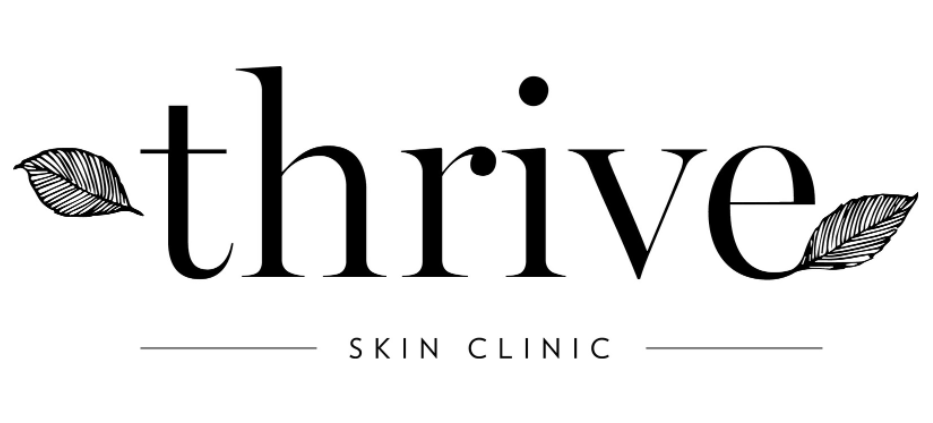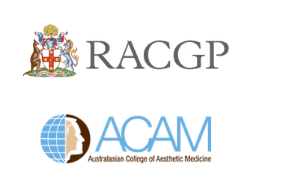Hair Rejuvenation
Both men and women may experience hair thinning, recession and loss of hair follicles over time. Sometimes, this hair loss is significant, or occurs at an early age. This can cause associated psychological distress, loss of self esteem and poor body image
If these issues concern you, consider seeing a doctor for assessment and to discuss effective treatment options. The best time to address hair thinning is as soon as it becomes a concern as once hair follicles have become senescent, they don’t respond to therapy as well.
Men
The most common reason for male hair thinning and loss is androgenic alopecia, also called male pattern hair loss (MPHL). Some men experience symptoms starting in their late teens. There is a strong genetic determinant to androgenic alopecia, causing increased sensitivity to dihydrotestosterone (DHT) in the scalp region. This causes reduction in hair follicle size and hair growth. The good news is that standard medications can be effective in the vast majority of cases. Long term use can prevent further hair loss and increase hair thickness.
“The best time to address hair thinning is as soon as it becomes a concern”
Women
Women can also suffer from hair thinning and hair loss. Sometimes alopecia is transient, a condition called telogen effluvium. Common triggers for telogen effluvium include nutrient deficiency, pregnancy, labour, surgery and hormonal issues. Some women may have an hormonal imbalance causing hair thinning at the front of the scalp. This is more common after menopause. Sometimes medications and other treatments can help.
Unusual presentations of alopecia may require referral to a dermatologist, which can be arranged after your assessment.
At Thrive Skin Clinic we take a standard dermatological approach to managing alopecia starting with topical solutions, oral medications, shampoos if required and if desired, platelet rich plasma (PRP) injections.
Consultations
Initial consultations are booked with Dr Jemima Grant and a medicare rebate will be applicable if you have alopecia.
An Initial appointment will involve assessment and photos with Dr Grant, who will create a suitable treatment plan including lifestyle and medications. Follow-up consults for medications can be done in person or via telehealth.
Treatment Options
No therapy: Sometimes no treatment, and camouflage options such as wigs, makeup, cosmetic tattooing or creative hairdressing are the best option.
Medications:
male patients: standard medical therapy involves a combination of topical foams or medications. This is evidence-based and the majority of male clients respond to medical therapy.
female patients: medical therapy consists of topical minoxidil and in some cases hormonal treatment. Expect a blood test to assess your nutrition, metabolic health and hormones.
Platelet Rich Plasma (PRP) :
PRP is a treatment where growth factors from your blood are injected into the scalp. There is emerging research that PRP is effective, especially in combination with medications. Read more about PRP here.
The best candidates for PRP hair restoration are those with early hair loss, patients with a healthy lifestyle. The results are variable and PRP does not work for everyone because it is dependent on individual immune function.
We use a Premium PRP system which is evidence and provides 10 billion platelets in 7ml.





